
My kids love to cook. They've both been cooking with me since they could stand in the kitchen, thanks to their Learning Tower and lots of kid-sized kitchen tools. They're old pros these days thanks in large part to Kids Cook Real Food, a course I purchased in 2016. We went through it several times together, once for each of the levels, and it gave my kids so much confidence in their cooking skills!
With me working a full-time job now, we don't get as much time together in the kitchen as we used to, but they still look forward to the times when we can.
If your kids don't like to cook with you, all isn't lost. There isn't one trick to getting your kids into the kitchen. It's more like the accumulation of many little tricks.
Try these:
- Take your time. I know you could do it better and more efficiently yourself. They key is that you're giving them an experience, and they'll do it better the next time, and even better the next time after that.
- Let them be creative. Cooking is a creative activity. (It also uses a lot of math.) Let your kids experiment with new recipes and new methods. Teach them, but let them take the lead sometimes, too.
- Forget the mess. Turn a blind eye to the mess that your kids will inevitably make. I know it's more work for you; enlist them in helping with the cleanup, too. But don't let the potential mess keep them out of the kitchen. You will all be better off for their learning how to cook.
- Give them real jobs to do. Stirring. Transferring foods from a bowl to a pan. Scraping the bowl. Measuring. When your kids are toddlers and preschoolers, they want to feel like they're helping, but they don't actually notice if you give them something that doesn't really contribute. Grace used to love to mix flour and water. She never noticed that her flour and water paste never got into the recipe. She just liked doing it. Now that my girls are older, they notice. They want to do parts of the recipe, not just play with the materials. So the key to getting them excited about what we're doing is the actually turn part of the recipe over to them.
- Buy foods that make it easier for them to cook. Grace and Allie aren't ready to make cinnamon rolls from scratch, but they can easily make refrigerated Pillsbury Grands! Cinnamon Rolls. All they have to do is pop the can, place the cinnamon rolls in a pan, put them into the oven (I am still hesitant to let them do this. I do the oven for them. Their arms aren't quite long enough to get past the oven door, and I am reluctant to put them in a position to get a big old burn.), and wait. When the cinnamon rolls come out of the oven, the girls can spread the frosting, and they're done. These kinds of pre-made foods give them confidence in their skills as master chefs. It really helps that they love the end result, too. I have to split the last Pillsbury Grands! Cinnamon Roll in half because they both want it!
- Practice good hygiene. Remind your kids to wash their hands before they start cooking and frequently during the cooking, especially after touching raw meat or eggs. It's important to model good habits in this area.
- Give them the right tools. When my kids were small, they got smaller versions of real tools. I have a tiny whisk and a tiny scraper and a knife without a sharp edge. They used those until their hands were big enough for the real stuff. So now they're mostly using the real stuff, but I don't turn them loose with my Cutco knives. I do let them chop now, but they get the Curious Chef knives. They use the rolling pin. They use the Food Chopper.
- Talk. A lot. Remember when they were babies, and you narrated everything for them? "Mommy is getting apples out of the refrigerator. Apples are sweet and crunchy." You know what I'm talking about? Well, keep doing it. You may know why you're doing what you're doing, but your kids probably don't know. Tell them what tool you're using, and why you're using it. Tell them why the ingredients are in the recipe. Tell them how to measure, why you pack the brown sugar, and what happens during baking. You can't talk too much to your kids. (Well, maybe you can, but not in this situation.)
- Let them taste everything. They may not want to taste everything. They may want to taste only the sugar. Whatever. Let them taste whatever they want to taste. Encourage it, unless there's a food safety issue. I even let my kids have a little pinch of the dry brownie mix. They like it, and it helps them to know what they're eating.
- Make it fun. Your kids are learning a skill that they will use for the rest of their lives. It's that important. But even more important is that they enjoy cooking. Make it interesting. Make it fun. Laugh. If they see you enjoying yourself, they will come to understand that cooking is something pleasurable, not something dreary that has to be done every day. You are setting the stage for the rest of their lives here. Make it count.
- Keep them safe. This is perhaps the most important item on the list. As our kids get older, it is easy to forget that they're still kids. Turn handles toward the inside of the stove. Keep boiling liquids and foods that splatter on the back burners. Do the oven for them. Teach them to use potholders for hot pans. Keep your good knives out of reach. Actually, keep anything with a serious cutting edge out of reach, at least until they know how to safely use it. You have to use good judgement when you let your kids into the kitchen with you.
I love cooking with my kids, and my kids love cooking with me. I know I am setting them up for a lifetime of good skills, as well as teaching them math, creativity, confidence, and a whole range of other good stuff. Time together in the kitchen is always time well spent.




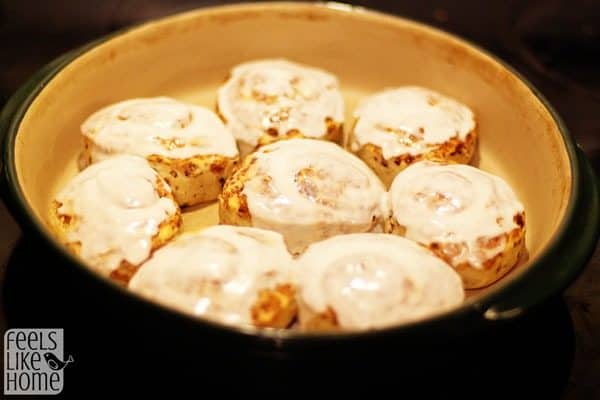
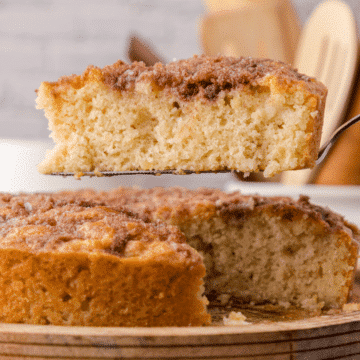
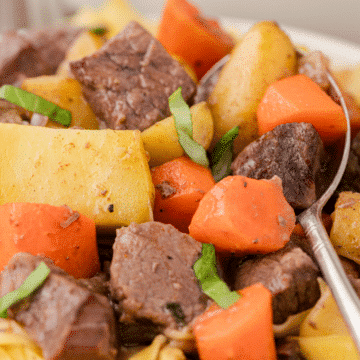
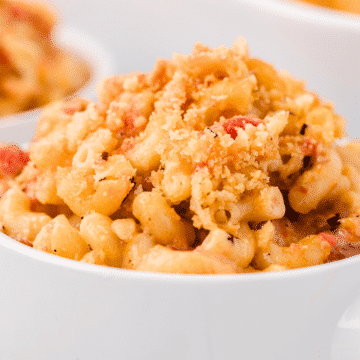
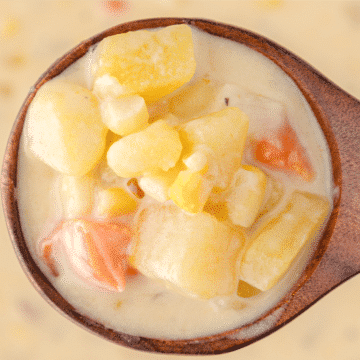
Comments
No Comments